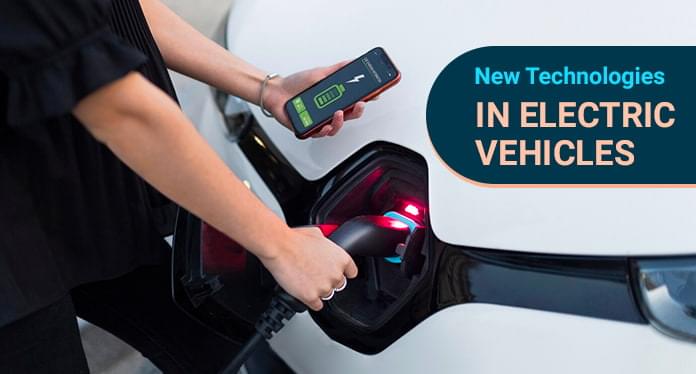
As the world shifts towards sustainable transportation solutions, electric vehicles (EVs) have emerged as a leading choice for eco-conscious consumers. With their zero-emission performance, lower operational costs, and advanced technology, EVs offer a compelling alternative to traditional gasoline-powered cars. However, navigating the EV market can be overwhelming for prospective buyers. In this comprehensive buyer’s guide, we’ll break down the key factors to consider when purchasing an EV, empowering you to make an informed decision that suits your needs and preferences.
Understanding Electric Vehicles: Before diving into the buying process, it’s essential to have a basic understanding of electric vehicles. Unlike conventional cars that rely on gasoline engines, EVs are powered by electric motors and rechargeable batteries. These batteries store electricity, providing the energy needed to propel the vehicle. With no tailpipe emissions, EVs offer a cleaner and greener mode of transportation, reducing air pollution and carbon emissions.
Assessing Your Needs: The first step in buying an EV is to assess your driving habits, lifestyle, and budget. Consider factors such as your daily commute distance, frequency of long trips, availability of charging infrastructure, and desired features. Determine whether you require a compact city car, a spacious SUV, or something in between. Understanding your needs will help narrow down your options and ensure you select an EV that fits your lifestyle and preferences.
Range and Charging Infrastructure: Range anxiety, the fear of running out of battery charge while driving, is a common concern among EV buyers. Evaluate the range offered by different EV models and consider whether it meets your daily driving needs. Additionally, assess the availability of charging infrastructure in your area, including home charging options and public charging stations. Access to convenient charging facilities is crucial for ensuring a seamless and enjoyable EV ownership experience.
Financial Considerations and Incentives: While EVs may have higher upfront costs compared to traditional cars, they offer long-term savings on fuel and maintenance expenses. Explore available financial incentives and rebates for purchasing an EV, such as federal tax credits, state incentives, and utility rebates. These incentives can help offset the initial investment and make EV ownership more affordable. Additionally, consider the total cost of ownership, including fuel savings and maintenance costs, to assess the overall value proposition of an EV.
Research and Test Driving: Before making a final decision, conduct thorough research on different EV models, including their specifications, features, safety ratings, and user reviews. Take advantage of test driving opportunities to experience the performance, comfort, and driving dynamics of various EVs firsthand. Pay attention to factors such as acceleration, handling, regenerative braking, and interior amenities. Testing multiple EVs will help you find the perfect match for your preferences and driving style.
Purchasing an electric vehicle is an exciting and environmentally responsible decision that offers numerous benefits. By following this comprehensive buyer’s guide and considering factors such as your driving needs, charging infrastructure, financial incentives, and test driving experiences, you can make an informed decision and embark on your journey towards sustainable mobility. Join the EV revolution today and contribute to building a cleaner, greener future for generations to come.








